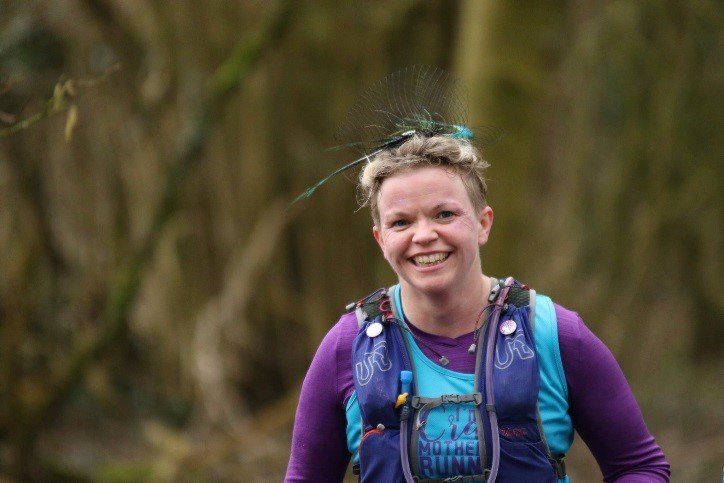Thinking of running the Bath Half for charity?
Anyone can do it, including you!
It’s autumn and the streets of Bath are beginning to echo to the sound of running shoes on tarmac. For a running coach like me it’s an exciting time, because if there’s one thing I love it’s a journey. You know the sort of thing: zero to hero... despair to triumph. And this is where it starts.
Now a lot of people who line up on Pulteney Street in March will have a clear aim in mind: a target time that they know they can achieve or perhaps they want to knock a few seconds off last year’s time. They’ll be training hard, running intervals and hill repeats, tempo runs and strides.
But there’ll also be plenty of people whose aim is different. No less ambitious, just different:
“I want to get round and not hate it.”
“I want to run the whole thing.”
“I’ll be happy just to finish.”
These are quotes from runners I coached ahead of the 2017 Bath Half. People who hadn’t run anywhere near that distance before but wanted, for all sorts of reasons, to give it a go. Many were running for charities close to their heart.
So how do you train to run 13 miles when you’ve never done more than 3 before? Keep it simple and take it gradually!
You can train very effectively with three runs a week – two short and one longer. Make sure that one of your shorter runs includes some hills. On your longer run increase the distance by no more than a mile each week. Give yourself an easy week every so often where you dial back the length of your long run. Rest and recovery is just as important as training. Your body needs it to repair your muscles and to adapt to the miles you’re running. If you’re really enjoying running and you have the time you can add in an extra run, or even better do a weekly strength and conditioning session.
I’ve produced three 8 week training plans: 0 to 5K, 5 to 10K and 10K to Half Marathon. You can download them and use them as a guide.
Remember some runs will undoubtedly feel better than others, and I can’t promise that you’ll love every minute of your training, but overall you should enjoy the experience. Exercise must never be a punishment. It’s a celebration of what you’re body can do.
And finally, a wonderful advantage to being an unlikely half marathon runner is that getting sponsorship is easier. Make sure you get the most out of your story. Emphasise your journey from non-runner to the start line. Throw in plenty of phrases like “challenge of a lifetime” and watch your fundraising total soar!
Good luck and see you on race day!










